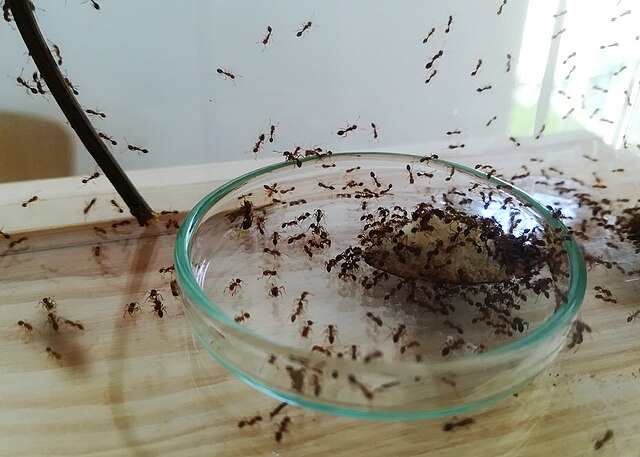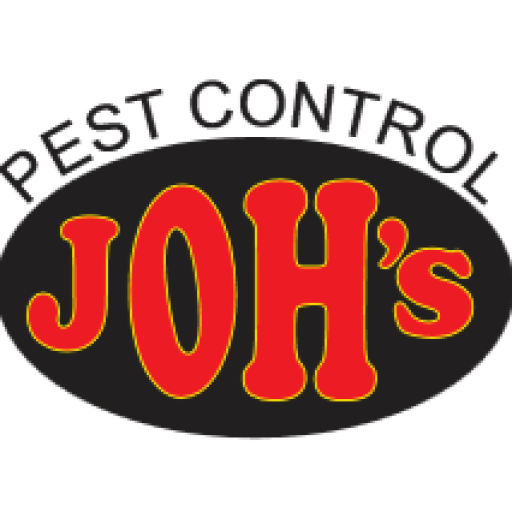Ground ant infestations can be a significant nuisance for homeowners, as these tiny pests can infiltrate living spaces, contaminating food and causing distress. Ground ants, which include various species such as carpenter ants and pavement ants, often make their homes in gardens, lawns, and under foundations. They are attracted to moisture and food sources, which can lead them to invade homes in search of sustenance. Their colonies can grow rapidly, making it essential for homeowners to address potential infestations quickly before they escalate into larger problems.
Effective pest control treatments for ants often begin with thorough inspections. Homeowners should look for signs of ant trails, nests, and food sources both inside and outside the home. Once the infestation’s extent is assessed, various control methods can be employed. Baits that contain slow-acting insecticides can be particularly effective, as they allow worker ants to carry the poison back to their colony, thereby targeting the queen and other members.
Preventative measures are vital for controlling ground ant infestations and minimizing future occurrences. Homeowners can reduce their risk by sealing cracks and crevices, keeping food stored in airtight containers, and promptly cleaning up spills to eliminate food sources. Additionally, maintaining dry conditions around the home by repairing leaks and improving drainage can help deter ants from nesting close to the foundation. Regular inspections and maintenance of yards and gardens can also help identify potential nesting sites, further mitigating the risk of infestations. When combined with effective treatments, these preventative strategies can create a comprehensive approach to managing ground ant issues in the home.
Disclaimer: This information is for general knowledge and interest only. Consult a pest control professional for specialist and accurate advice.

Photo by MOs810
